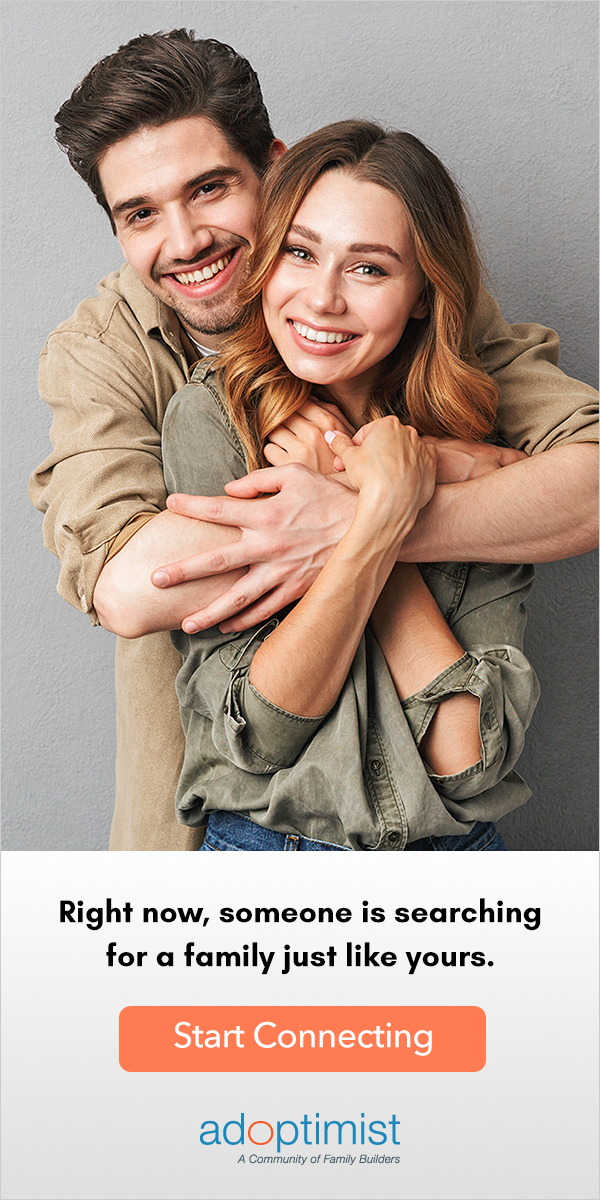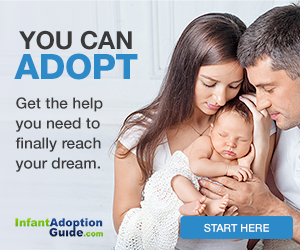Post-Adoption Depression Is Real

Adopting! The Podcast, Episode 19
After you’ve adopted, everyone expects it to be an incredibly joyous time. And it is! But adoptive parents aren’t immune to the vast array of emotions that all parents feel. Post-Adoption Depression is very real - just as real as postpartum depression. After the time, effort, and money spent adopting it can seem as if adoptive parents suffering from depression are being ungrateful. But this isn’t the case at all. Adoption and parenting represent a massive life undertaking and change. Here are some of the ways to identify Post-Adoption Depression (in yourself and others) so that you can have a better understanding of how to prevent it and know when to seek help.
What Does Post-Adoption Depression Look like?
According to Caitlin Fay, a clinical social worker at New Growth Counseling in Florida, "It’s important to remember that a lot of what causes depression and anxiety is due to the nature of the massive life change and not necessarily how the child was brought into the family - whether that was through adoption or biological means." We all have a good idea of what depression looks like but when you adopt a baby, factors such as sleep deprivation and fatigue can often blur the lines. "When you're experiencing depression after you bring a baby home, it can be really difficult to tell - am I depressed or am I sleep deprived?" So, post-adoption depression can be sneaky. You can convince yourself that you aren’t feeling these mood disorders because of the moments of joy with your child that you are surely experiencing.
Top Symptoms You Are Struggling with Post-Adoption Depression
Excessive & Intrusive Guilt. If you are feeling excessively guilty, this is a good sign you are suffering from depression or anxiety. Do not normalize your guilt!
Anxiety. Some may rationalize that you are always going to feel anxious now that you have a child and you’ll never stop worrying about them. That’s parenting, right? Wrong. Too much anxiety can actually be covering symptoms of depression.
Anger. Dads especially tend to experience more anger. But moms can too.
Other common signs. Other signs of depression include frequent crying and the loss of enjoyment from every day tasks.
How To Know the Difference Between Normal Anxiety/Depression Versus Something Abnormal
Length and intensity are key. How much are these feelings interfering with your life? “If you are experiencing a lot of ups and downs or if you are feeling very down and nothing tends to bring you back up to a happy place, you may be depressed,” says Caitlin Fay. If this has been going on for several weeks, it may be time to seek additional help or support.
How Common is Depression and Anxiety after adopting?
According to recent research, up to 40% of parents may experience some form of post-adoption depression. Keep in mind that many parents will simply push forward and suffer through it, even though they may not have to. So statistics on Post-Adoption Depression may not be truly consistent.
Why is Post-Adoption Depression so common?
Remember, adopting and parenting represent a drastic life change. You’ve just gone on a journey to build your family that may have taken years and included infertility, frustrating waits, red tape, and financial hardships, just to name a few. Add to that the fact that you are now being thrust suddenly (and sometimes unexpectedly) into the role of parenting, which includes stressors like financial strain, childcare, sleep deprivation, and more. Your entire focus has shifted toward caring for your new child.
Tips for Avoiding or Reducing Post-Adoption Depression
Prepare before your child comes home. Do you have a history of depression? Look inward and see where you are before you start parenting. Identify your natural support sources - family members, coworkers, and friends. Reach out to your support circle and start the conversation early! Your circle may be able to provide ideas, support and even child care that will help you when it matters most.
Why Seeking Help Matters
If feelings of anxiety or depression are disrupting your daily life or taking away from the joy of parenting, it may be time to seek help. A professional can help identify patterns in your behavior and help make sense of them. He or she will look for root causes in your depression, which could honestly go back many years in your life. The best part of therapy is that you can freely talk about your issues and problems. Don't wait. Go talk to someone if you feel in your heart it is something you need.
Transcript
About this Podcast
Join adoption consultant and host Nicole Witt in this illuminating podcast for people who are considering adoption. Get invaluable suggestions and information from respected adoption professionals and guests. If you are getting serious about adopting, you won’t want to miss a single episode of Adopting! The Podcast.


